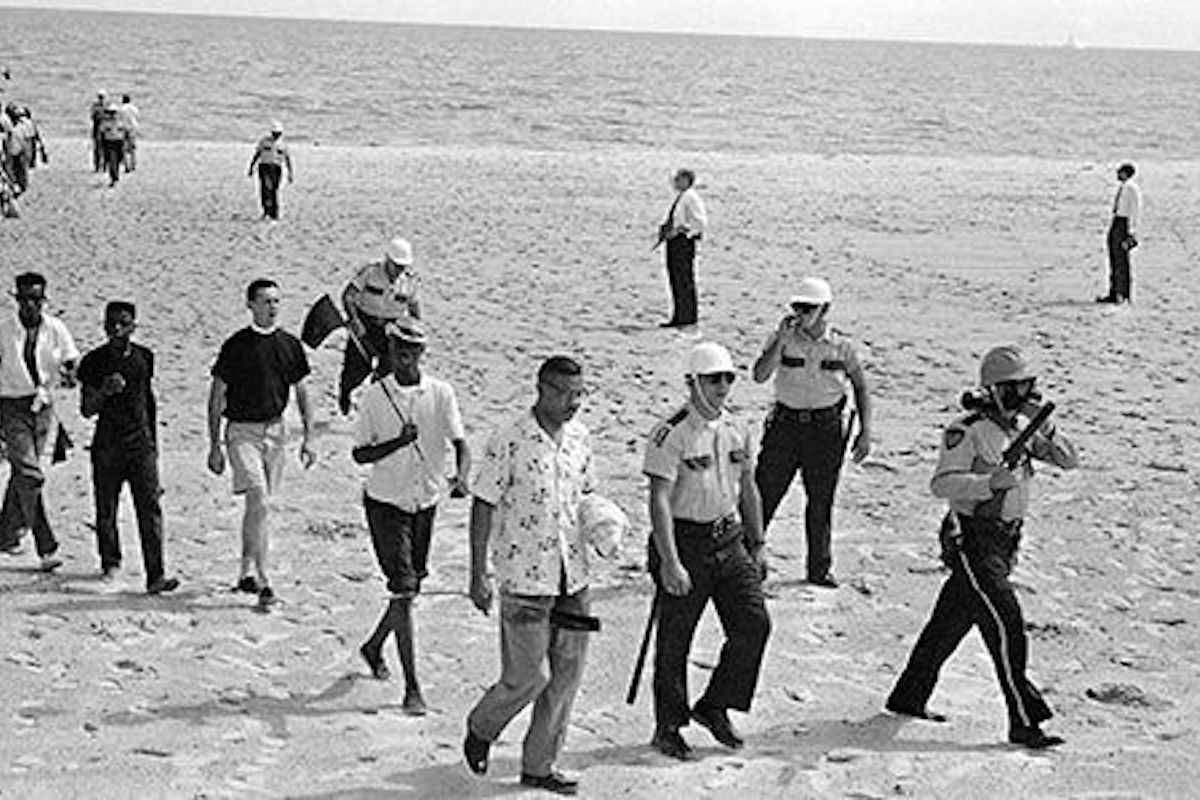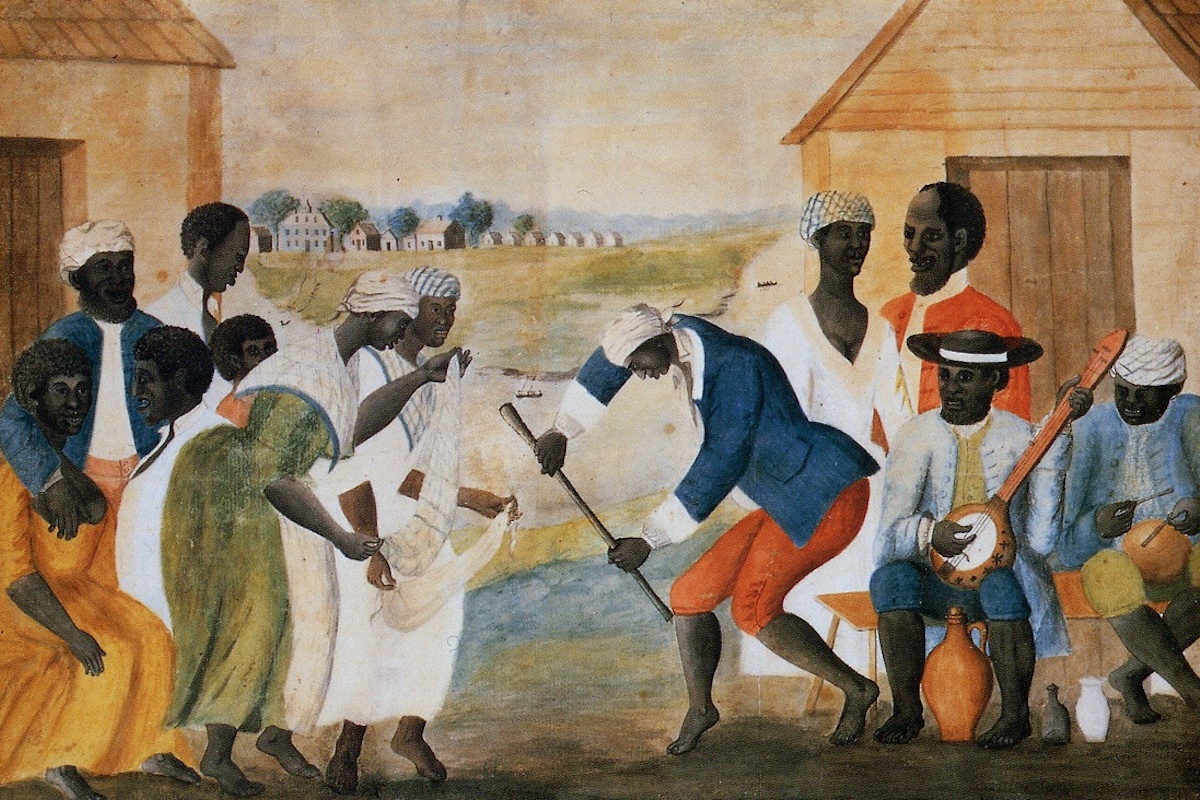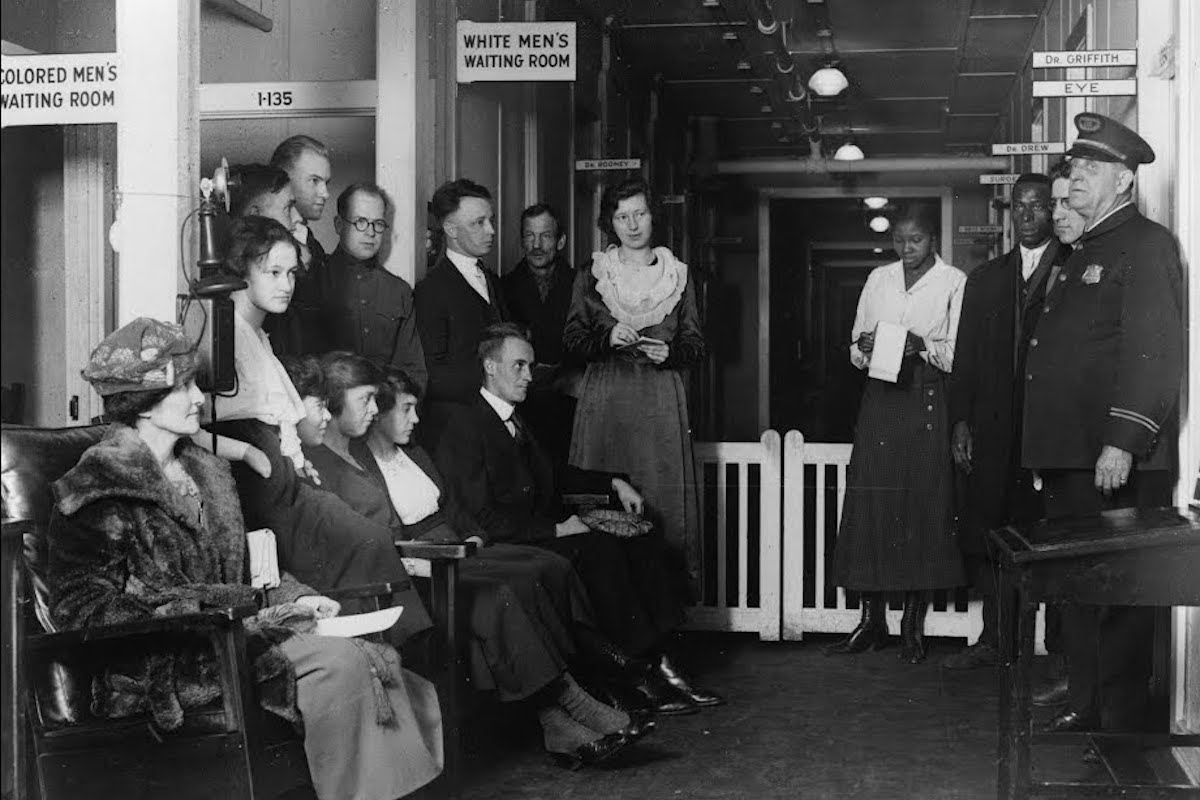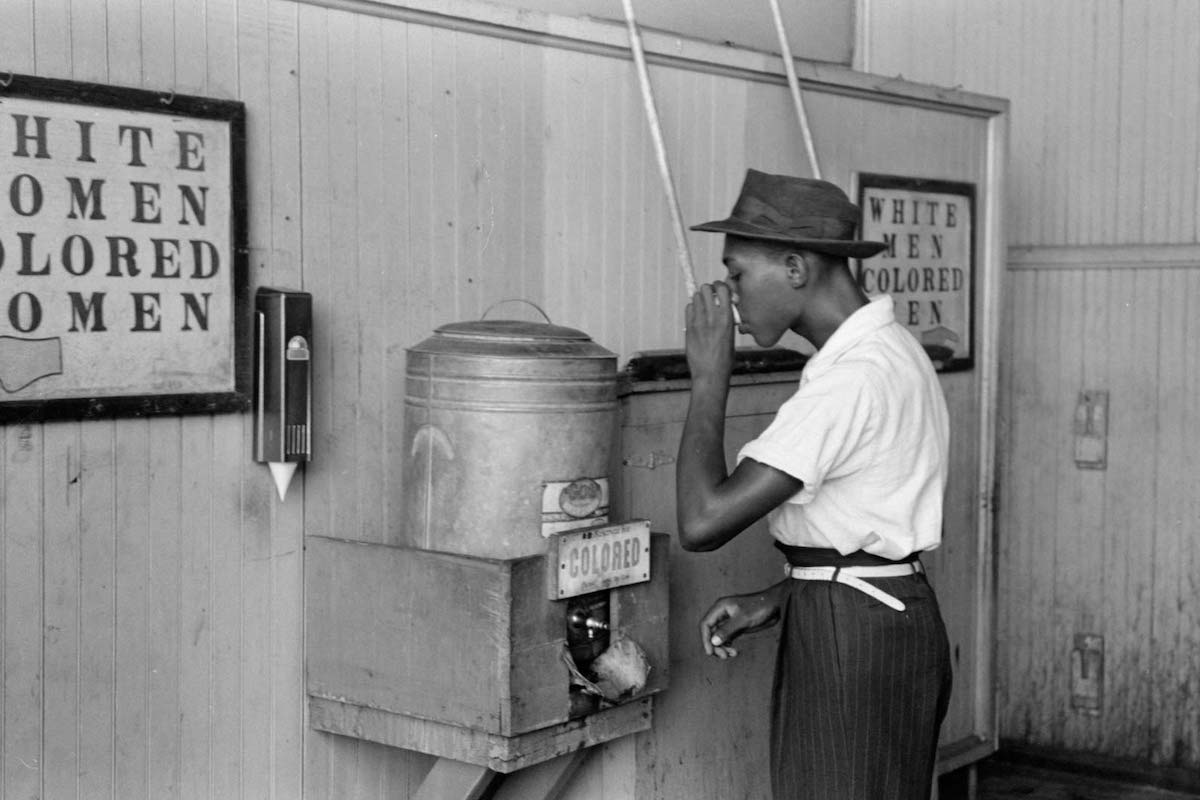By Herb Boyd, The New York Amsterdam News Madeline Lyles and Dana Taylor of Memphis’ claims as the owners of the first funeral home by Black women is true, but only in the plural sense. Henrietta Smith Bowers Duterte of Philadelphia is the first African American woman to own a funeral home. After featuring the […]
View MoreCategory: African American History
Black Protesters Attacked by White People at Segregated Mississippi Beach | EJI, A History Of Racial Justice
By EJI Staff, EJI On April 26, 1960, black demonstrators engaged in a locally-organized nonviolent protest and walked onto Biloxi Beach on Mississippi’s Gulf Coast in order to hold a “wade-in” challenging the segregated beach area. The black activists were met by a group of angry white people who told them to leave the beach. […]
View MoreHealth and race disparities in America have deep roots: A brief timeline | Detroit Free Press
By Tammy Joyner and Jasmin S. Lee, Detroit Free Press Here are a few historical examples of how race, and racism, has greatly impacted the health outcomes of African Americans. 1619 to 1730: Africans were enslaved and transported to the American colonies to be treated as property, receiving little to no medical treatment. 1742: Onesimus, a Boston enslaved person, […]
View MoreWhite Man Marching for Civil Rights Killed in Alabama | EJI, A History of Racial Injustice
By EJI Staff, EJI On April 23, 1963, William L. Moore was found dead on U.S. Highway 11 near Attalla, Alabama — only four days shy of his 36th birthday. Moore, a white man, was in the midst of a one-man civil rights march to Jackson, Mississippi, to implore Mississippi Governor Ross Barnett to support […]
View MoreHow the Harlem Renaissance Sparked a New African American Identity | How Stuff Works
By Michelle Konstantinovsky, How Stuff Works From poetry and prose to music, painting, sculpture and more, the cultural movement known as the Harlem Renaissance produced an unprecedented array of art and social change among the United States’ newly liberated black population. The end of the Civil War in 1865 ushered in the emancipation of hundreds […]
View MoreWhat a White-Supremacist Coup Looks Like | The New Yorker
In Wilmington, North Carolina, in 1898, the victory of racial prejudice over democratic principle and the rule of law was unnervingly complete. On November 10, 1898, just after Election Day, white supremacists overthrew the city government of Wilmington, North Carolina, forcing the resignation of the mayor, the aldermen, and the chief of police. A mob […]
View MoreDavis Knight Weds White Woman in Mississippi; Later Indicted for Interracial Marriage | Equal Justice Initiative
On April 18, 1946, in Mississippi, a thirty-two-year-old Navy veteran named Davis Knight married Junie Lee Spradley, a white woman. In June 1948, the state indicted Mr. Knight for violating a law that prohibited “marriage or cohabitation between white persons and those with one-eighth or more Negro or Mongolian blood.” At trial, Mr. Knight insisted […]
View MoreHorace Duncan and Fred Coker Lynched in Springfield, Missouri | Equal Justice Initiative
Shortly before midnight on April 14, 1906, two innocent black men named Horace Duncan and Fred Coker (aka Jim Copeland) were abducted from the county jail by a white mob of several thousand participants and lynched in Springfield, Missouri. Two days following the public lynchings of Mr. Duncan and Mr. Coker, a newspaper reported that “now […]
View MorePresident Wilson Authorizes Segregation Within Federal Government | Equal Justice Initiative
On April 11, 1913, recently inaugurated President Woodrow Wilson received Postmaster General Albert Burleson’s plan to segregate the Railway Mail Service. Burleson reported that he found it “intolerable” that white and black employees had to work together and share drinking glasses and washrooms. This sentiment was shared by others in Wilson’s administration; William McAdoo, Secretary […]
View MoreSupreme Court Hears Arguments in Plessy v. Ferguson | Equal Justice Initiative
On April 13, 1896, the United States Supreme Court heard arguments in a case challenging racial segregation laws in Louisiana. Homer Plessy, a black man who had been arrested for boarding a “white only” passenger car, argued that the state segregation law violated the Thirteenth and Fourteenth Amendments, which abolished slavery and established equal protection of the laws. […]
View More









